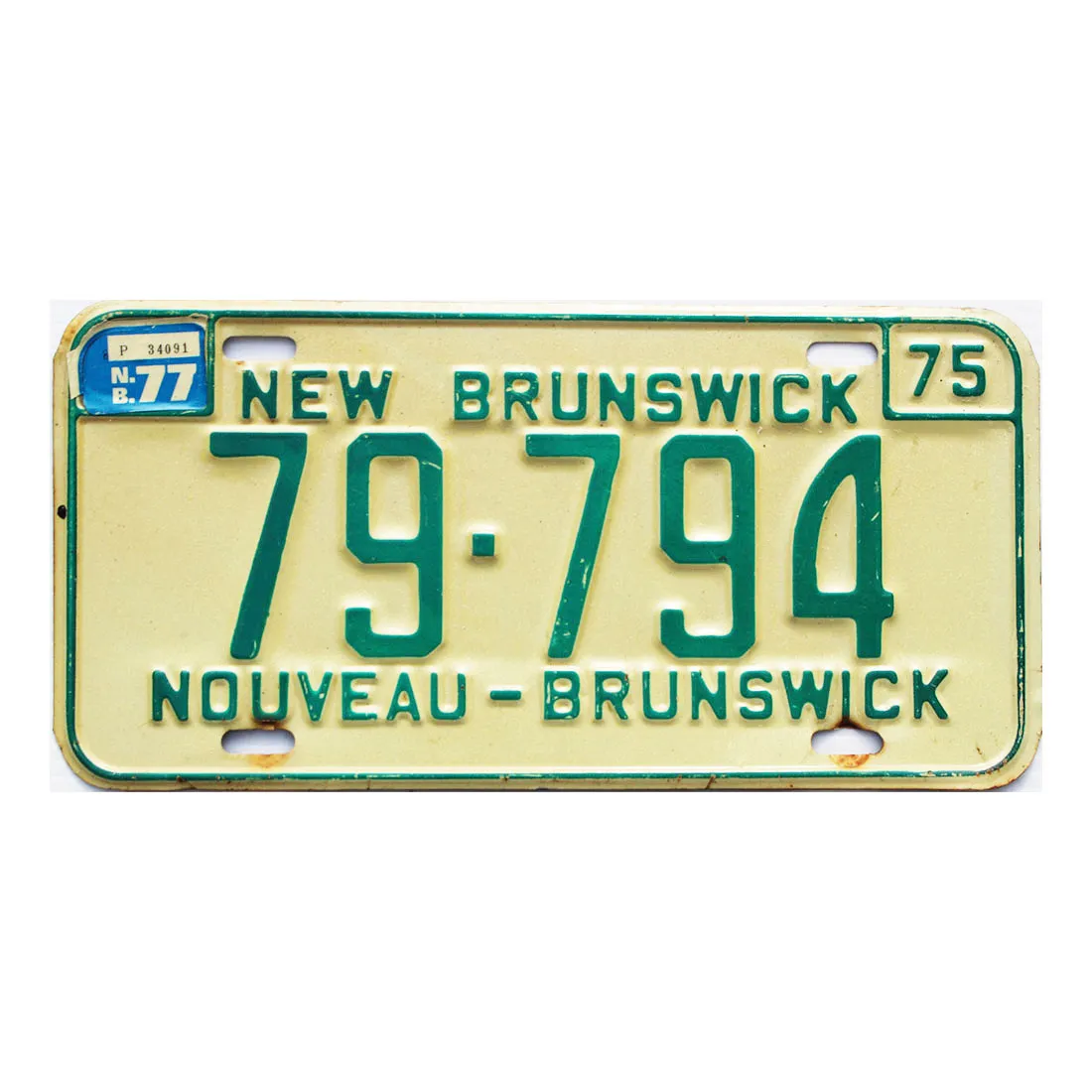Tiny homes are capturing the imaginations of those seeking affordable and sustainable living options. But before you downsize and embrace the minimalist lifestyle in New Brunswick, it’s crucial to understand the province’s rules and regulations surrounding these compact dwellings. This article will guide you through the legalities of tiny home living in New Brunswick, from provincial guidelines to specific municipal regulations.
Are You Allowed to Live in a Tiny Home in New Brunswick?
The answer, like many legal matters, is: it depends. New Brunswick’s stance on tiny homes varies depending on location. While provincial regulations generally accommodate tiny homes, especially in rural areas, municipalities have the authority to implement their own specific rules.
Rural vs. Urban Living:
- Rural Areas: Unincorporated rural areas generally offer a more welcoming environment for tiny homes, particularly those under 603 square feet. These smaller structures are often classified as “small residential structures” and may only require a development permit, exempting them from the more stringent National Building Code requirements.
- Cities:
- Moncton and Riverview: These cities have embraced the tiny home movement and have established clear regulations to support tiny home living.
- Saint John: Regulations in Saint John are less defined, and it’s recommended to contact the city directly for the most up-to-date information.
- Other Cities: The rules surrounding tiny homes in other New Brunswick cities can be ambiguous. Always research the specific regulations of your desired location before making any decisions.
Navigating Regulations:
The key takeaway is that thorough research is vital. Always contact the planning department of your chosen municipality to confirm their specific rules and requirements regarding tiny homes.
Government Support:
Despite regulatory variations, there’s a growing recognition of tiny homes as a viable solution to housing affordability in New Brunswick. Fredericton, for instance, has demonstrated its commitment by investing in a tiny home development project. The city allocated $1.4 million in forgivable loans for a development featuring 96 tiny homes, indicating a positive shift toward embracing this alternative housing option.
Is Living in a Tiny Home Legal in New Brunswick?
Living in a tiny home in New Brunswick is legal, but the “where” and “how” are subject to specific regulations. Here’s a closer look at the details:
Where Can You Park Your Tiny Home?
Finding the perfect location for your tiny home involves understanding the zoning regulations and restrictions in different areas:
- Rural Areas: Rural areas generally offer more flexibility. However, even in less populated regions, there might be size limitations, with some areas capping the maximum size around 1,000 square feet.
- Unincorporated Areas: These areas typically provide more leeway regarding development permits and may be ideal for those seeking greater autonomy in their tiny home journey. However, it’s crucial to confirm specific requirements with local authorities.
- Southeast Regional Commission Jurisdiction: Be aware that areas falling under the Southeast Regional Commission might have distinct rules, such as minimum size requirements for year-round habitation, potentially affecting tiny homes smaller than 485 square feet.
- Cities: As mentioned earlier, the rules for tiny homes within cities like Moncton and Riverview are more defined. Always consult their specific regulations to ensure compliance.
How Tiny is Too Tiny?
While there isn’t a universal “too tiny” rule in New Brunswick, size restrictions often come into play. In rural areas, homes under 603 square feet might fall under different building code requirements, offering some flexibility. However, municipalities can set their own size limitations, and it’s essential to be aware of those specifics.
The Ups and Downs of Tiny Living
Benefits:
- Affordability: Tiny homes offer a significantly more affordable path to homeownership, especially in a housing market where the average home size is significantly larger (around 1,700 square feet in New Brunswick).
- Sustainability: Their smaller footprint translates to lower energy consumption, making them an eco-conscious choice.
- Simplified Living: With less space, there’s less to clean, maintain, and potentially clutter, promoting a simpler, more intentional lifestyle.
Considerations:
- Limited Space: Adapting to a smaller living space requires planning and prioritizing belongings.
- Regulations: Navigating varying regulations and acquiring necessary permits is crucial and can be challenging.
- Utility Connections: Connecting to essential utilities like water and electricity might demand creative solutions depending on the location.
Ready to Make Your Tiny Home Dream a Reality?
- Research: Start by researching local regulations in your desired area.
- Contact Authorities: Reach out to your municipality to confirm specific rules and any required permits.
- Plan Utilities: Connect with utility providers to coordinate essential services for your tiny home.
For more in-depth information, check out this resource:
Tiny Homes in New Brunswick: Legal Considerations and Resources
Navigating New Brunswick’s Regulations on Tiny Homes
While the allure of tiny home living is strong, understanding the regulatory landscape is essential for a smooth transition.
Key Points to Remember:
- Provincial vs. Municipal Regulations: Be aware of both provincial guidelines and specific municipal rules, as they can differ significantly.
- Unincorporated Areas vs. Cities: Unincorporated areas might offer more flexibility, while cities like Moncton and Riverview have clearly defined regulations.
- Minimum Size Requirements: Be mindful of potential minimum size requirements, particularly in areas governed by the Southeast Regional Commission, which could affect year-round habitation.
Where Can You Legally Park Your Tiny Home in New Brunswick?
Beyond understanding the broad regulations, securing a legal parking spot for your tiny home is essential. Here are some possibilities to explore:
- RV Parks and Campgrounds: Many RV parks and campgrounds are becoming increasingly open to tiny homes on wheels. Check with individual locations about their specific requirements and fees.
- Private Property: Parking on private property is an option, but securing written permission from the landowner is crucial to avoid legal issues.
- Dedicated Tiny Home Communities: Tiny home communities are emerging across North America, offering a supportive and legal environment for tiny home enthusiasts. These communities often provide shared amenities and foster a strong sense of community.
- Unincorporated Rural Areas: As discussed earlier, these areas are generally more accommodating toward tiny homes, especially those below a certain size.
Before You Park:
- Contact Local Authorities: Always check with the local municipality or relevant authority to confirm zoning regulations and any special permits needed.
- Ensure Proper Hookups: Coordinate with utility providers to ensure access to water, electricity, and sewage disposal.
- Written Agreements: Whether parking on private property or in a community, having a written agreement that outlines responsibilities and expectations is essential.
Finding Your Spot:
- Online Research: Explore online directories and websites of RV parks, campgrounds, and potential tiny home communities.
- Direct Contact: Once you’ve identified potential options, reach out directly for detailed information and to confirm availability.
Key Takeaway:
Securing a legal parking spot for your tiny home requires diligence and planning. Always prioritize clear communication with landowners or community management and obtain necessary permits to ensure a smooth and enjoyable transition to your minimalist lifestyle.
Source
Tiny Homes in New Brunswick: Regulations & Considerations.
Thinking of expanding your tiny home? Check out these resources:
- Expand Your Living Space: How much does it cost to build 2 rooms? Get a better understanding of construction costs.
- Maximize Your Space: Does a mezzanine count as floor area? Explore the possibilities of a mezzanine and its impact on square footage.










